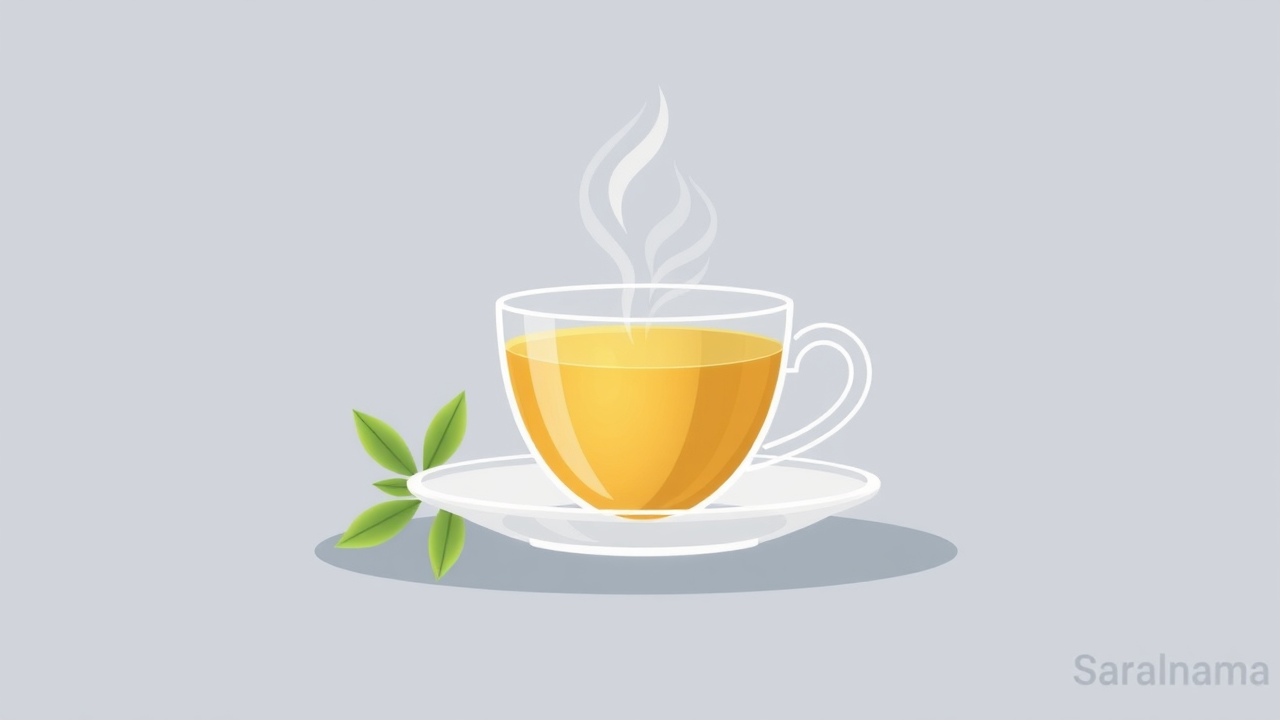Aam Aadmi Party Member of Parliament Raghav Chadha recently shared his daily tea-drinking habits during a conversation. He revealed that during election campaigns, he consumes around 8-10 cups of tea daily, while on regular days, the number drops to about 3-4 cups. This admission highlights the demanding lifestyle of politicians who rely on tea for energy during hectic schedules. However, health experts warn that excessive tea consumption can lead to serious health problems. The caffeine in tea affects sleep quality by delaying melatonin release, causing lighter and less restorative sleep. Short-term effects include anxiety, jitteriness, insomnia, and digestive issues like nausea. Long-term risks are even more concerning, including cardiovascular strain from elevated heart rate and blood pressure, disrupted sleep patterns affecting immunity and mental health, and caffeine dependence leading to withdrawal symptoms. Experts recommend limiting intake to 1-2 cups daily and suggest healthier alternatives like herbal infusions or warm lemon water.

Health Risks and Expert Recommendations for Tea Consumption
Medical professionals explain that tea's caffeine content stimulates the nervous system and interferes with melatonin, the sleep hormone. This disruption results in poor sleep quality, leaving individuals feeling unrefreshed with reduced mental clarity and increased stress. Dr Narander Singla from CK Birla Hospital, Delhi, noted that excessive tea intake causes immediate effects like elevated heart rate, blood pressure spikes, and stomach upset. Over time, risks include cardiovascular strain, persistent sleep disruption affecting mood and immunity, and physical caffeine dependence with withdrawal symptoms such as headaches, irritability, and fatigue. Senior nutritionist Ashlesha Joshi recommends replacing tea gradually with herbal infusions or warm lemon water. Pairing remaining cups with protein and healthy fats helps stabilize energy levels. Experts advise limiting consumption to 1-2 cups daily for optimal health.
Source: Link
